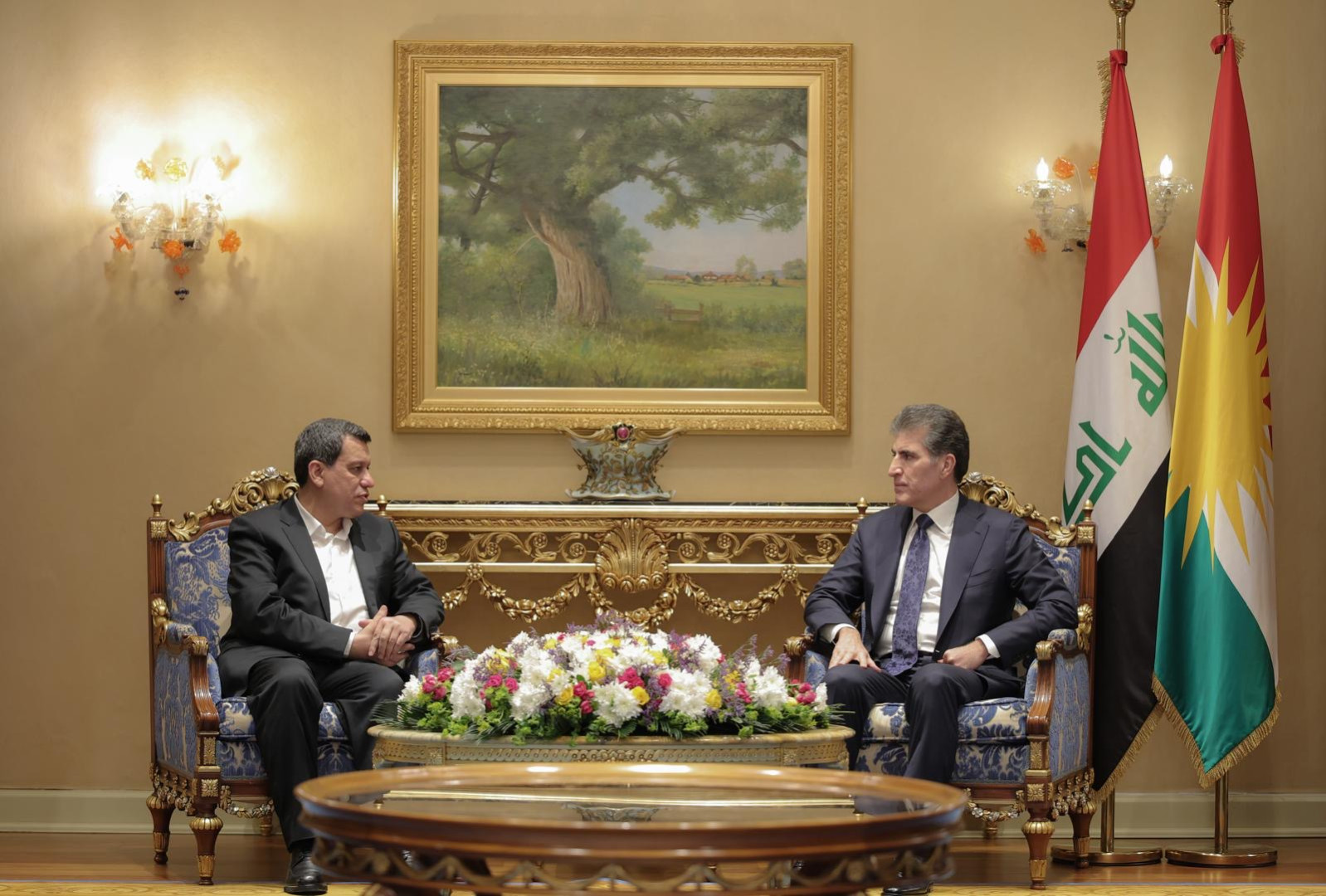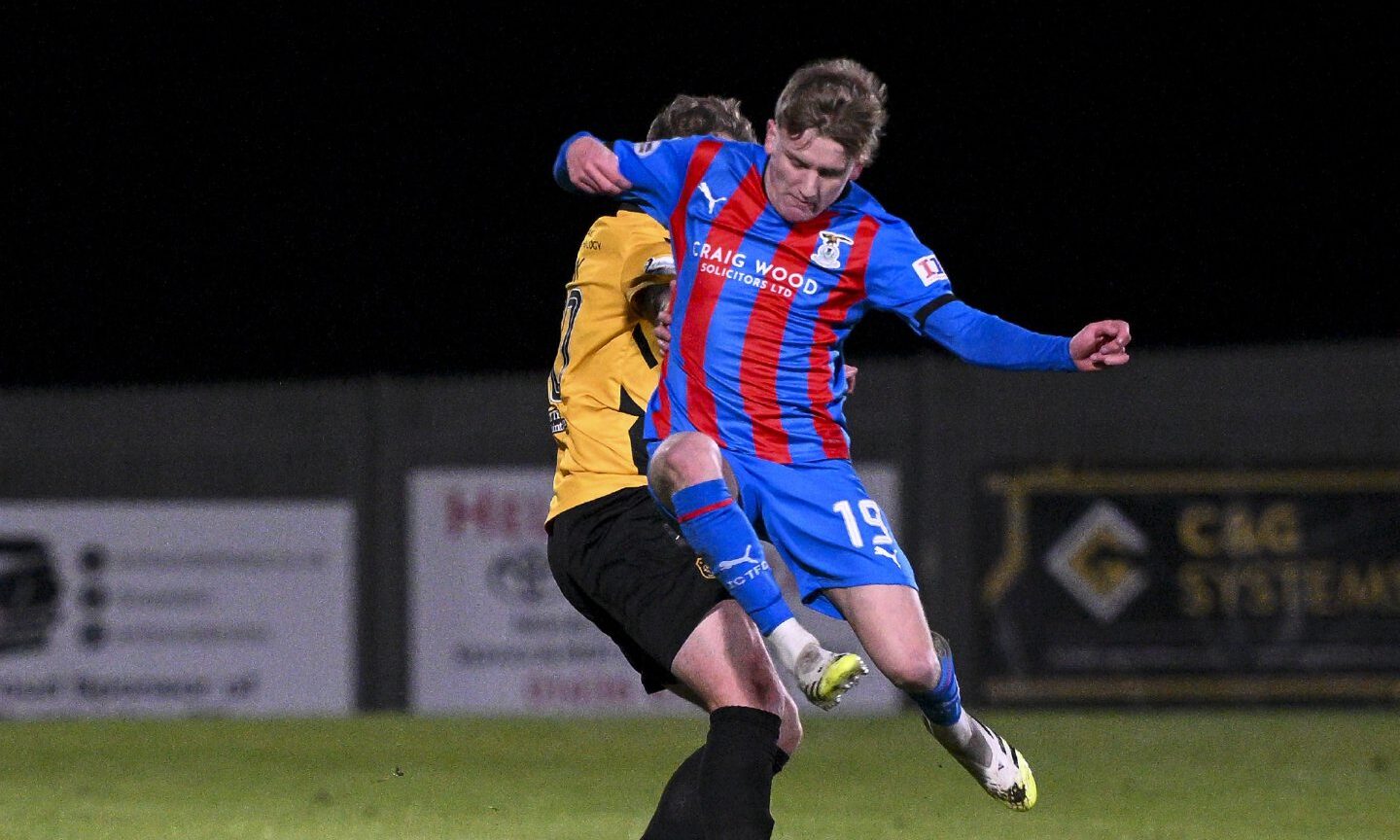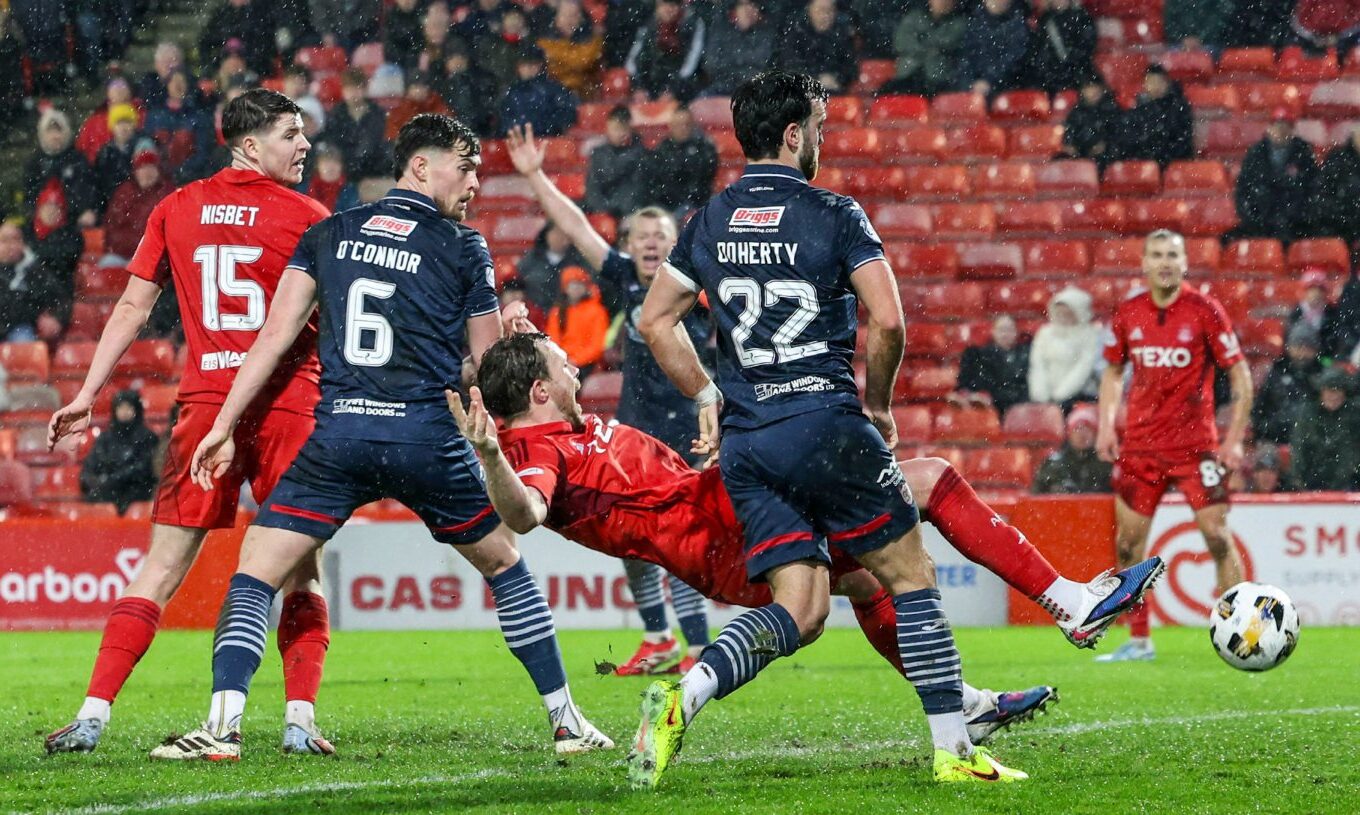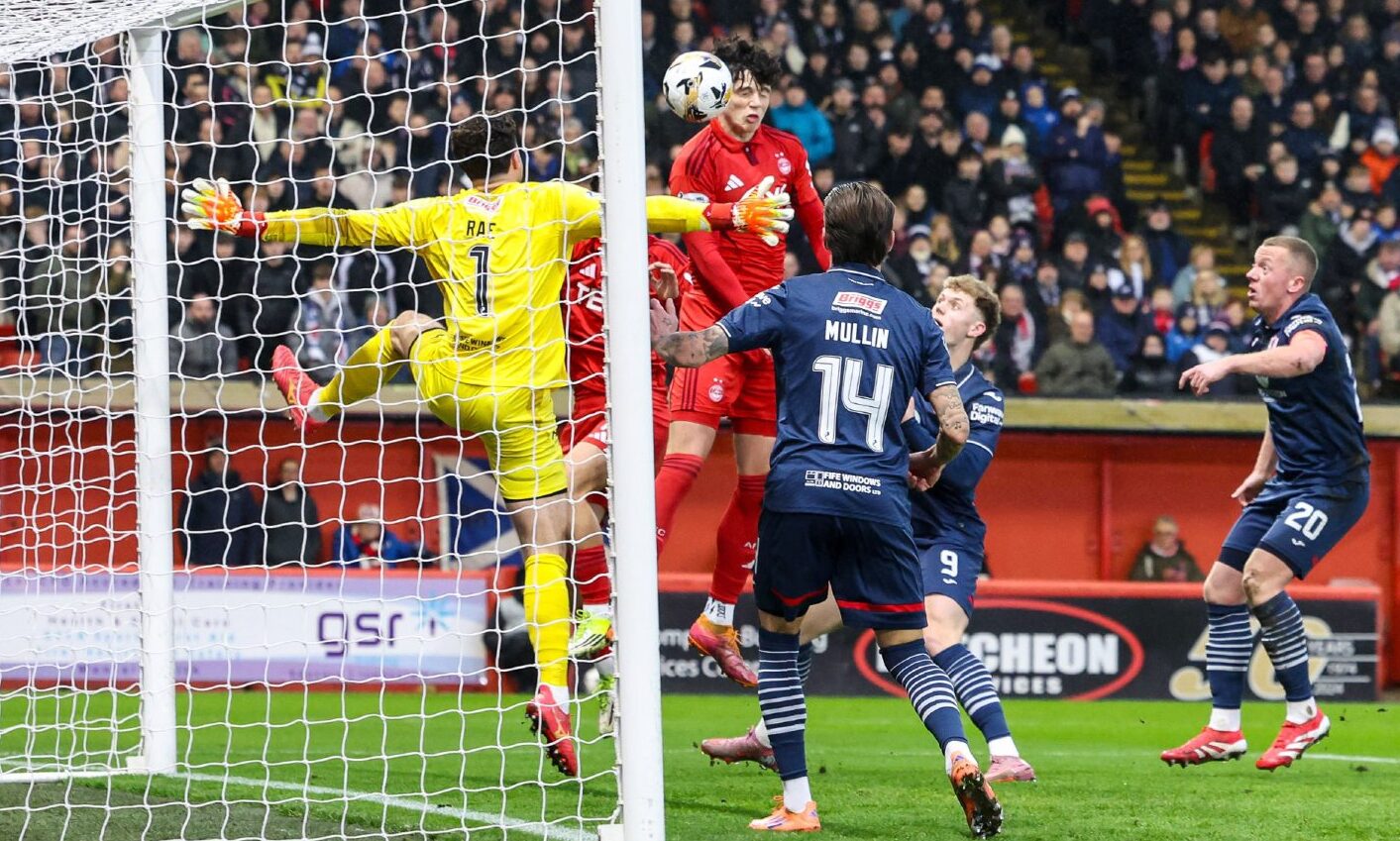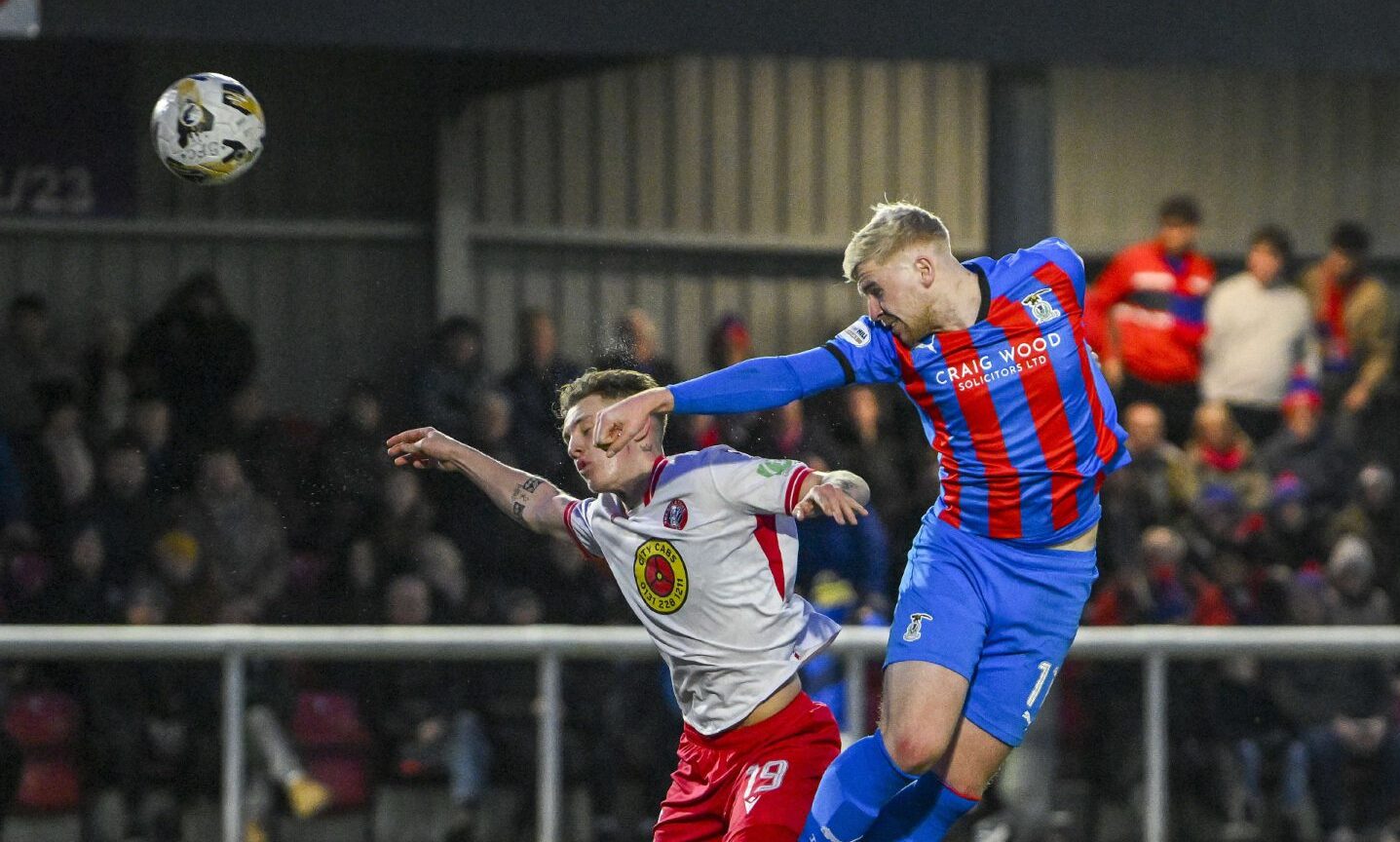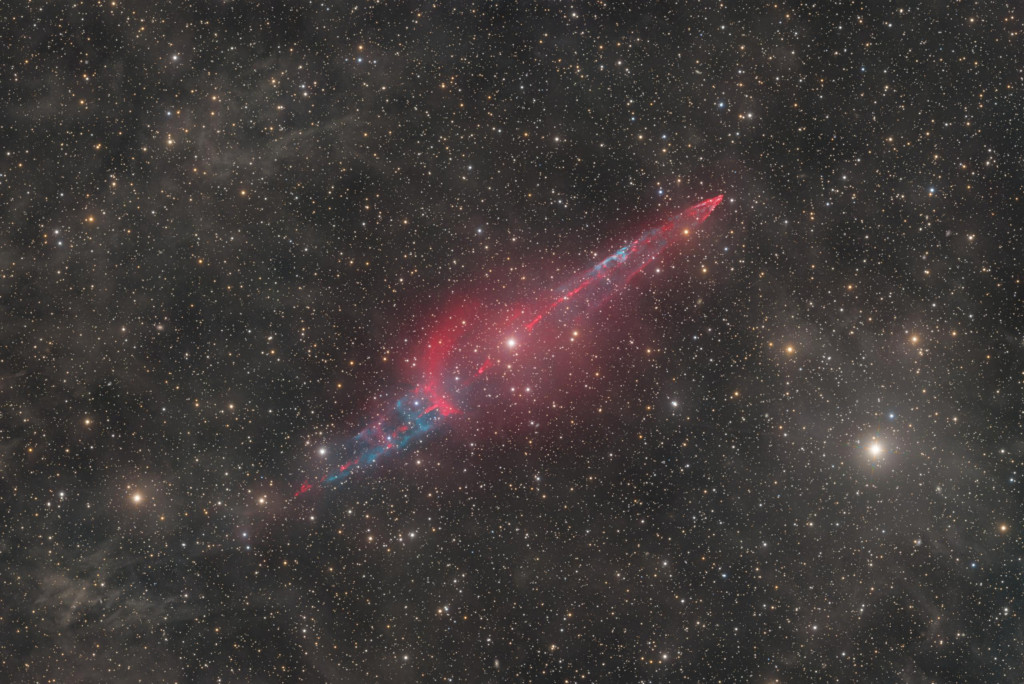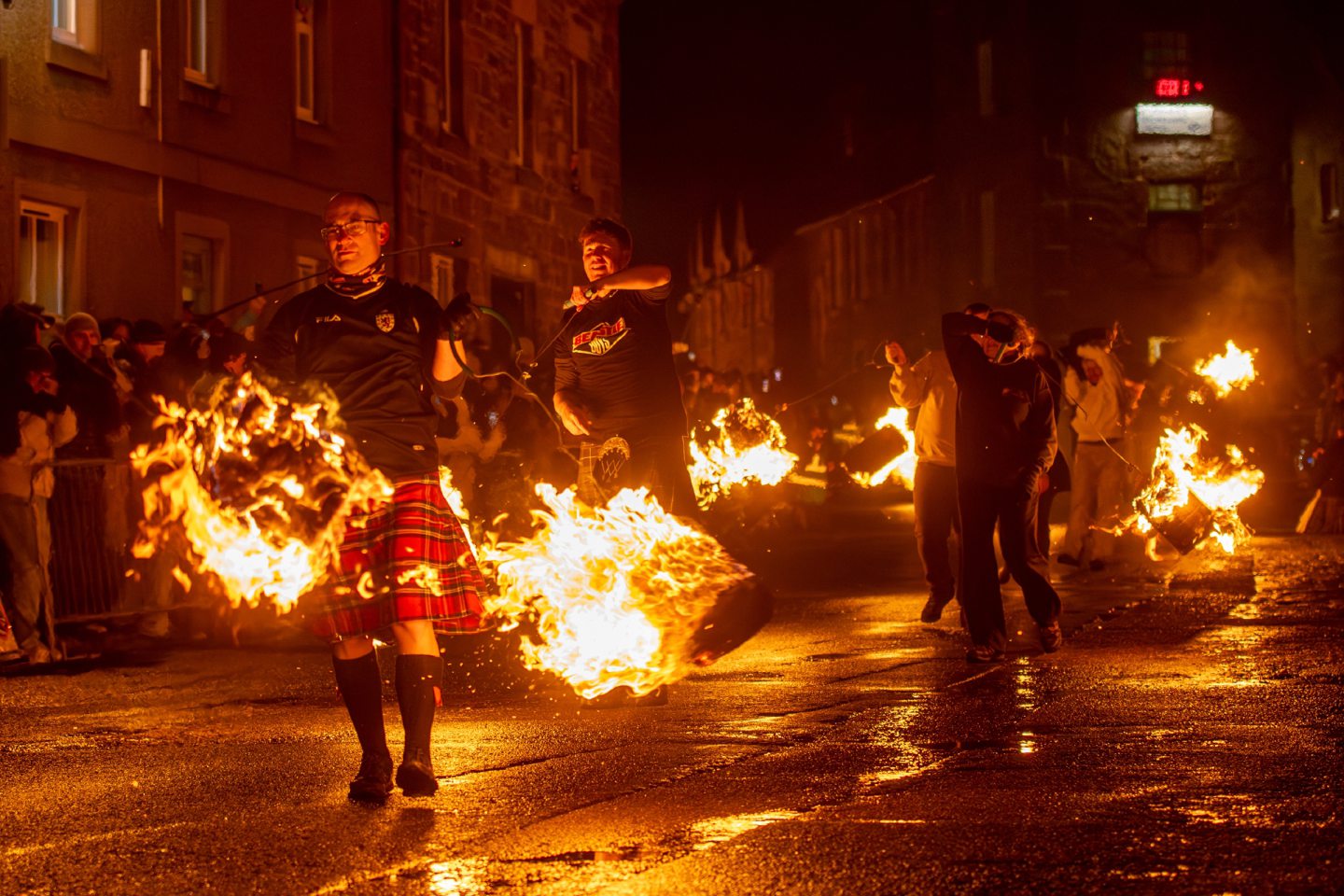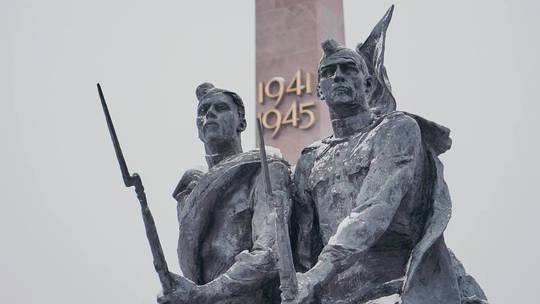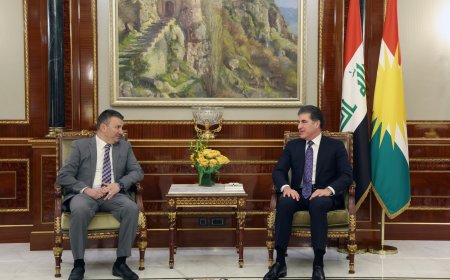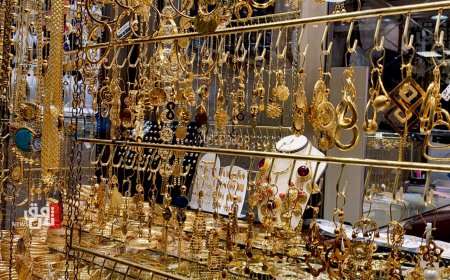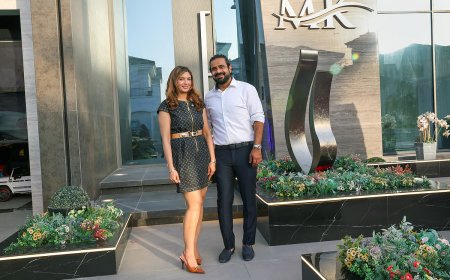Iraq’s Government Vows Unwavering Support for Fair November Elections
"No internal or external actor would be allowed to manipulate the process. The government is committed—alongside the Electoral Commission—to preserving the integrity of the elections and shielding them from any interference,” the Iraqi Government spokesperson emphasized.
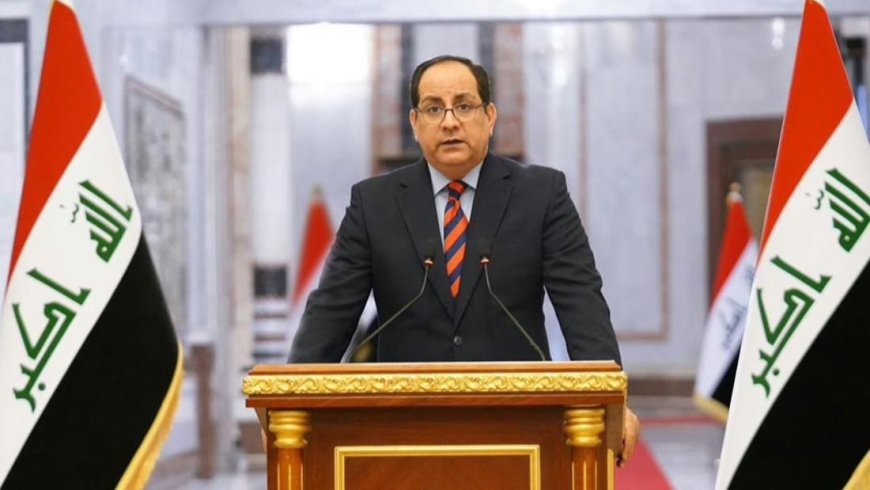
The Iraqi government has reaffirmed its full commitment to holding fair and transparent parliamentary elections on Nov. 11, expressing confidence in the Independent High Electoral Commission’s (IHEC) readiness to manage the vote free from external or internal interference.
Government spokesperson Bassem Al-Awadi, in a statement on Monday to the Iraqi state newspaper Al-Sabah, underscored that Prime Minister Mohammed Shia' Al-Sudani's cabinet firmly set the November 11 date, promising unwavering support to ensure the vote takes place on time and under secure, and transparent conditions. Al-Awadi also anticipated a significantly higher voter turnout compared to previous elections, attributing this to improving public trust and enhanced political and security stability across the country.
“The elections are a technical process reliant on modern and reliable equipment for voting and vote counting,” Al-Awadi said, stressing that no internal or external actor would be allowed to manipulate the process. “The government is committed—alongside the Electoral Commission—to preserving the integrity of the elections and shielding them from any interference.”
While Al-Awadi stopped short of offering exact turnout predictions, he voiced optimism about increased voter engagement. He pointed to “professional polling data indicating rising public confidence in state institutions and the current government” as evidence that Iraqis are more willing than before to participate in shaping their country’s future.
Al-Awadi also highlighted the contrast between Iraq’s current political climate and the challenging environments of previous electoral cycles, which were marred by internal strife and regional tensions. “Today, Iraq enjoys a markedly improved political and security situation. Our foreign policy has kept the country away from regional crises, wars, and reckless entanglements,” he noted. “We will not allow any tensions to derail the upcoming elections.”
On the security front, the spokesperson assured that the government is “fully prepared to ensure optimal security measures” are in place for election day. This includes safeguarding voters, electoral workers, and political parties, enabling them to compete in a stable and secure environment.
Iraq’s upcoming parliamentary elections come at a pivotal time. The last vote, held in October 2021, was followed by a prolonged political deadlock that delayed government formation for over a year. Amid widespread public skepticism toward political elites and the electoral process, turnout reached a record low of 41%.
This electoral season has also reignited political discourse over the future leadership of Iraq. On Sunday, Nouri al-Maliki, head of the Dawa Party and former prime minister, emphasized that Prime Minister Sudani’s prospects for securing a second term depend not solely on the ballot box, but rather on the shape of post-election political alliances.
Maliki further voiced concern about the potential misuse of public funds during the campaign period, cautioning that “state money should not be used for the election campaign,” a statement that underscores broader apprehensions about ensuring a level playing field for all candidates.
If successful, the November elections could mark a turning point for Iraq’s fragile democracy—strengthening its institutions and reinforcing citizens’ belief in peaceful political transitions.
(Source:Kurdistan24)

